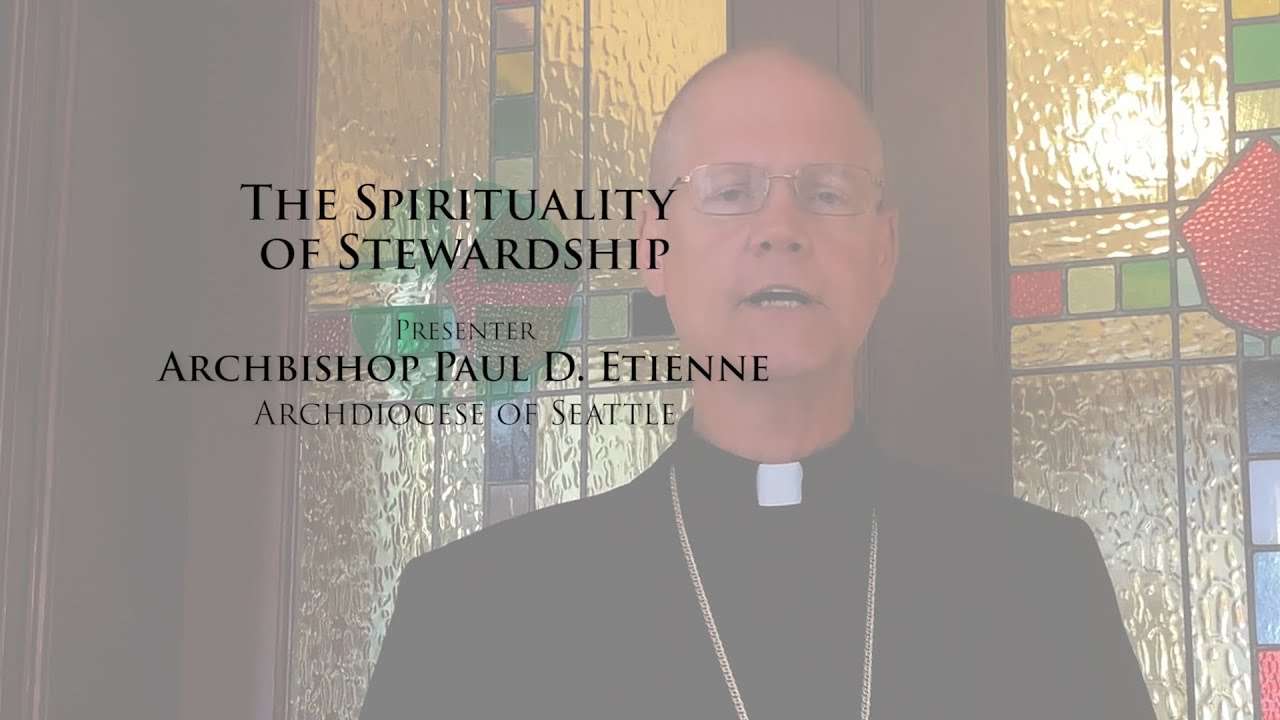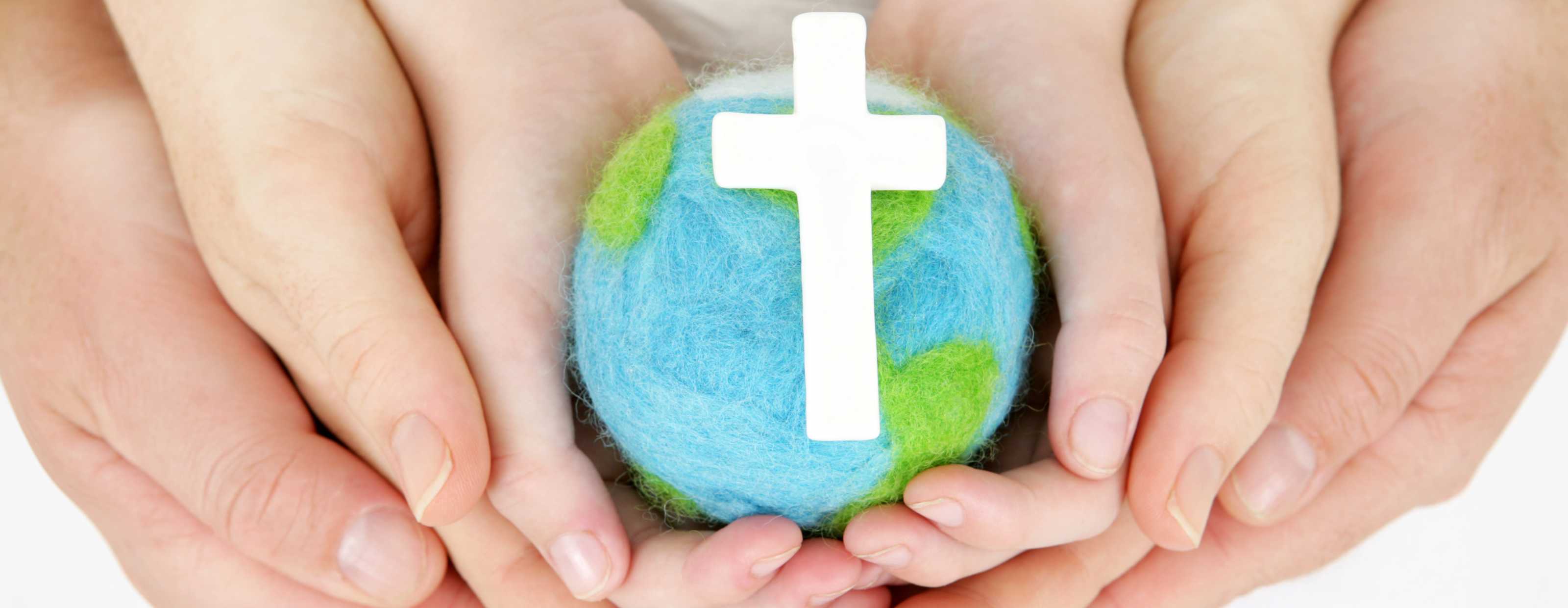Answer Pope Leo’s Call to Offer Signs of Hope to the Poor by Supporting Bishops’ Anti-Poverty Program
Each year in November, on the 33rd Sunday of Ordinary Time, the Church observes the World Day of the Poor. This year’s World Day of the Poor, happening on Sunday, November 16, occurs in the ongoing celebration of the Jubilee of Hope. In his message for this special celebration, Pope Leo XIV reminds us that “the poor are not recipients of our pastoral care, but creative subjects who challenge us to find novel ways of living out the Gospel today.”
One way to participate in the World Day of the Poor is to contribute to this year’s collection for the Catholic Campaign for Human Development (CCHD) on Sunday, November 16. For 55 years, CCHD has helped people living in poverty and on the margins in cities, towns, and rural areas across the United States by equipping them to identify and address the needs in their own communities.
Parishes in many dioceses will be supporting this annual collection on November 16. When you give to the collection at your parish, 25% of your gift to CCHD goes to support the anti-poverty work of organizations in your own diocesan community. The national share funds community and economic development projects across the country. All funded groups are approved by the local bishop.
If you miss your parish collection, or wish to contribute to the programs supported across the country through CCHD’s national office, please donate by mail:
Catholic Campaign for Human Development
Office of National Collections
United States Conference of Catholic Bishops
P. O. Box 96278
Washington DC 20090-6278
iGiveCatholic also accepts online donations to support the national efforts of CCHD at https://usccb.igivecatholictogether.org/organizations/usccb-catholic-campaign-for-human-development.



